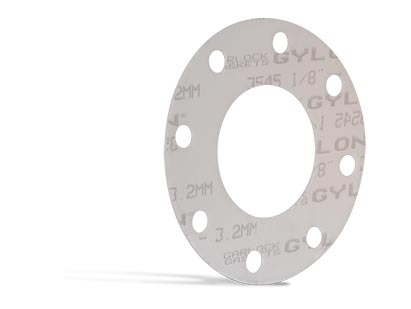

INDUSTRY
Food & Beverage – Wine Production
CUSTOMER
An award-winning, family owned & operated winery in the heart of a major US wine-growing region.
BACKGROUND
The customer crushes, presses, ferments, bottles, and labels all of their wines at their winery, but having traditionally utilized EPDM gaskets, they faced ongoing issues with seal reliability. This was occurring during various stages of the winemaking process, but especially so during the sterilization procedures between each batch, with subsequent leaks creating issues in production reliability, housekeeping, and potential contamination.
CHALLENGES FACED
Business was growing rapidly so new equipment had been installed, but at the same time the number of maintenance windows was reducing. Therefore the customer was looking for a more reliable and sanitary product to improve efficiency and help to protect the sensitive product. As well as the need to remain absolutely compliant with industry standards, the customer also placed utmost importance on prevention of any adulteration of their award-winning wine. As well as working around limited windows of opportunity for production trials the critical and expert opinion of wine tasters was therefore essential to ensure full approval of any component change in the process.
OPERATING CONDITIONS
- Media: Media (process): Grape Juice, Must, Fermented Wine
- Media (sterilisation): Steam (82ºC / 180ºF)
- Size (pipe/hose): various ½“ to 3”
- Size (tanks): 8” ring
- Temperature: 100ºC (100ºF)
- Pressure: 0 bar
SOLUTION AND BENEFITS
Long term relationship-building with key decision makers and influencers across the business provided the green light to carry out production trials, but only after all compliance documentation had been supplied and reviewed. Garlock’s recommendation was to implement GYLON® styles 3504 and 3545 materials for their active connections, since the compression and recovery characteristics would be ideal for low pressure sanitary connections and vessel seals.
Following successful trials the customer managed to extend service life of the gaskets even through extended sterilization cycles. Additionally, by switching to a non- elastomeric product, shelf life is no longer a concern which has allowed them to stock ample replacement parts for all of their regular and emergency needs. Overall, moving to a taste-tested and approved sealing product made this an easy transition for the customer and has improved their process.

